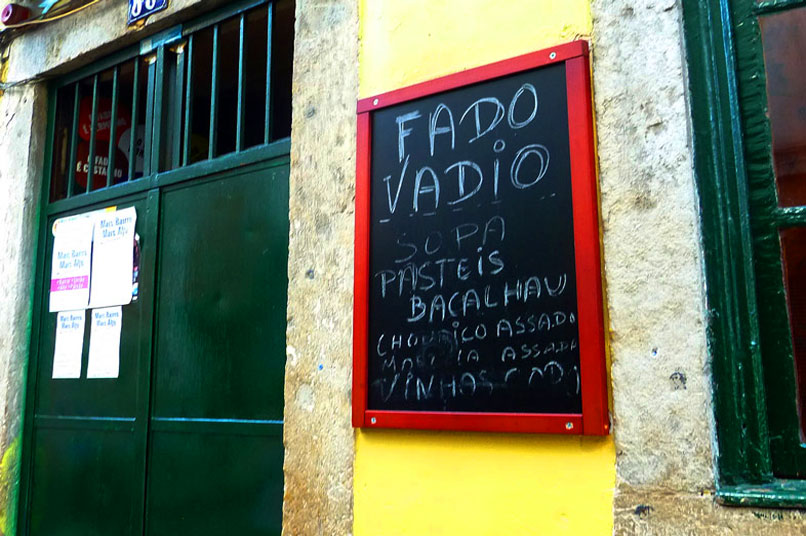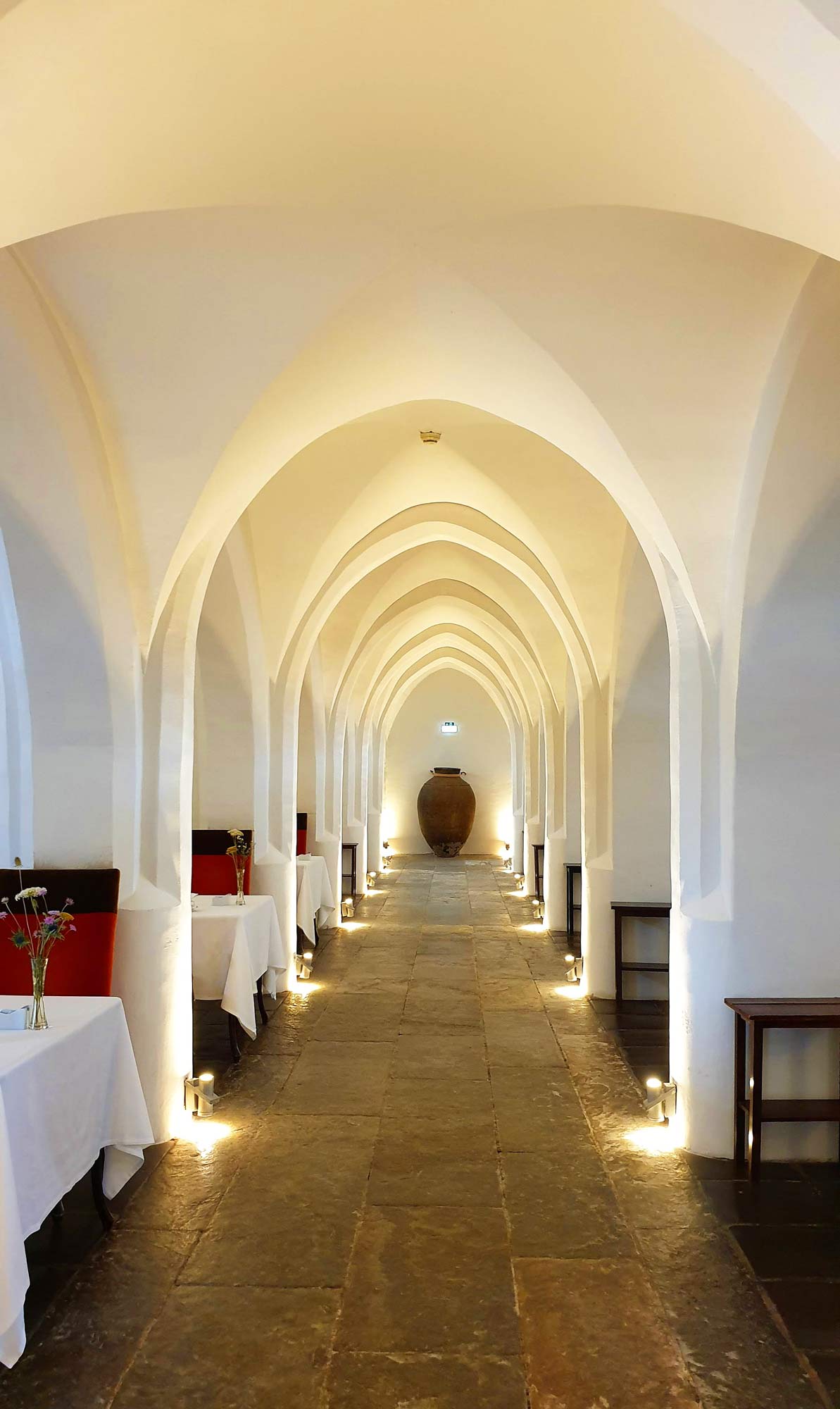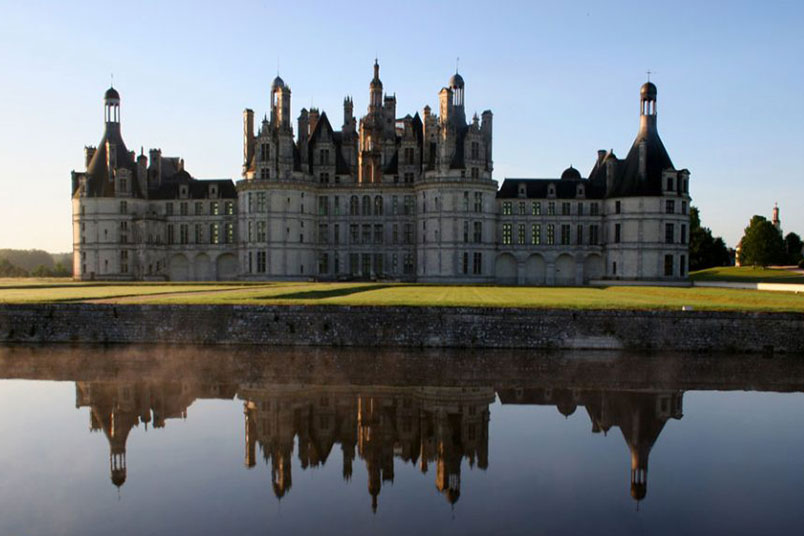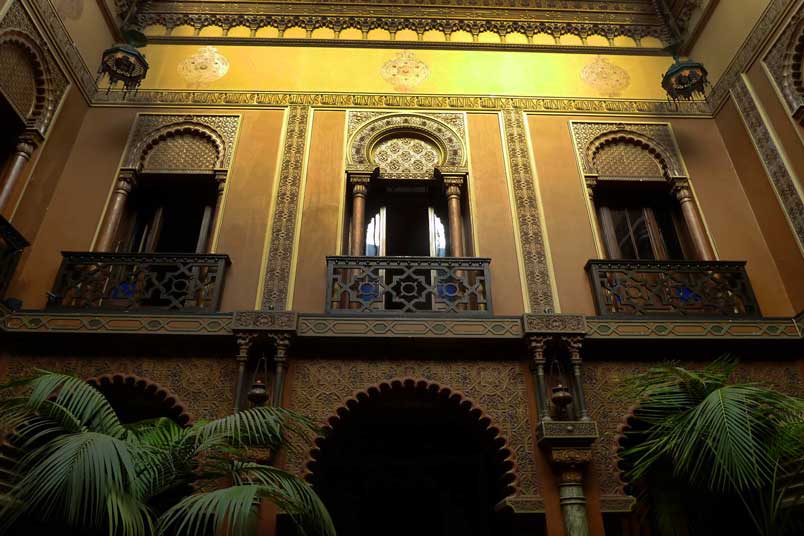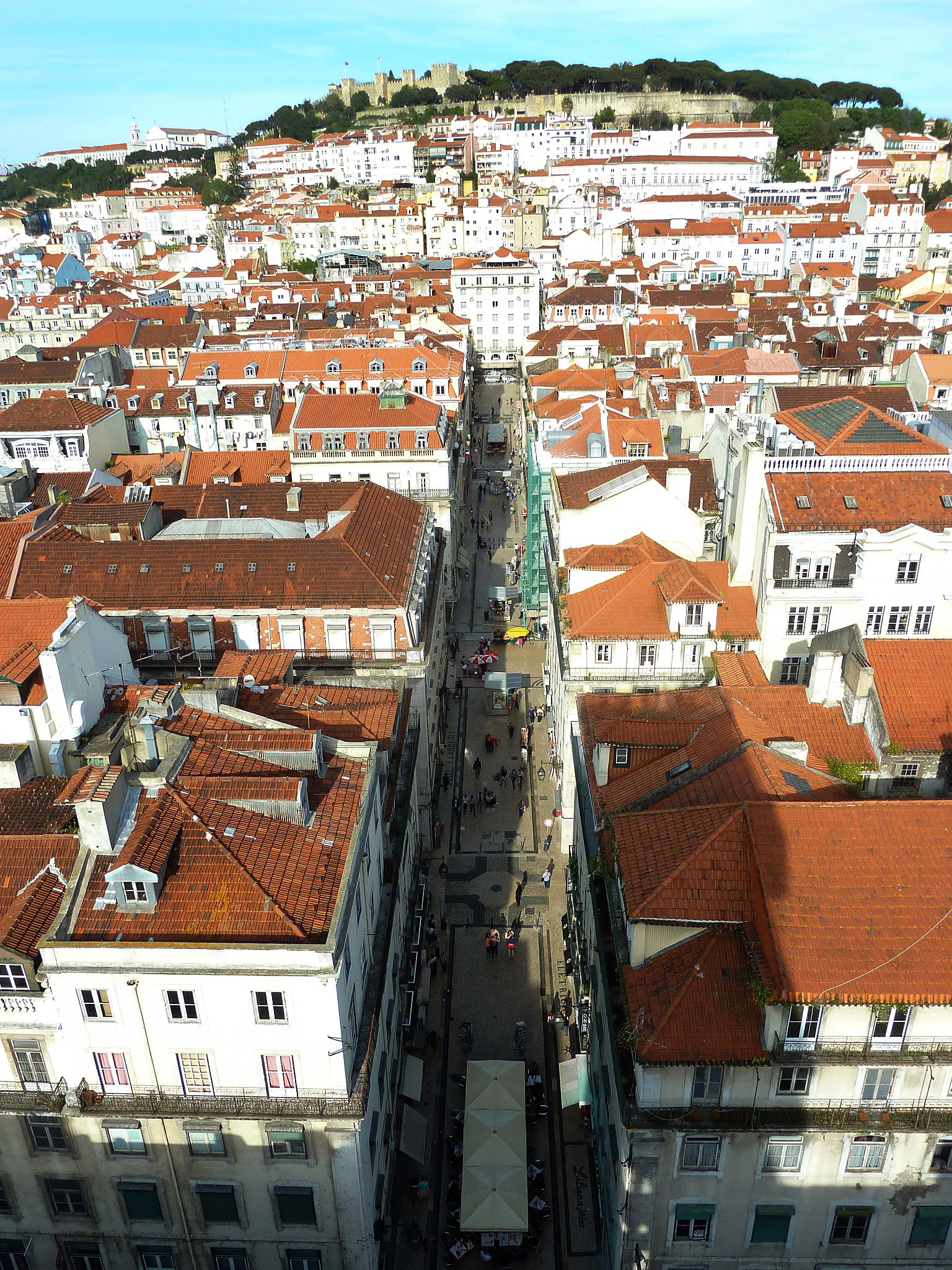
Lisbon’s Secret Night Life – Fado Live Music & the Best Places in Lisbon to hear it.
When visiting Lisbon, enjoy a full day of site seeing but remember, night time is no restriction to activity in Portugal! The evening streets flow with strolling families and the outdoor cafés brim with socialising diners. This is the time to go to the Alfama district and experience local Fado – Portugal’s beautiful soul music. Here are some ideas of where to find the best places for Fado music in Lisbon Portugal. Enjoy this melodic Portuguese adventure.
Read time: 5 min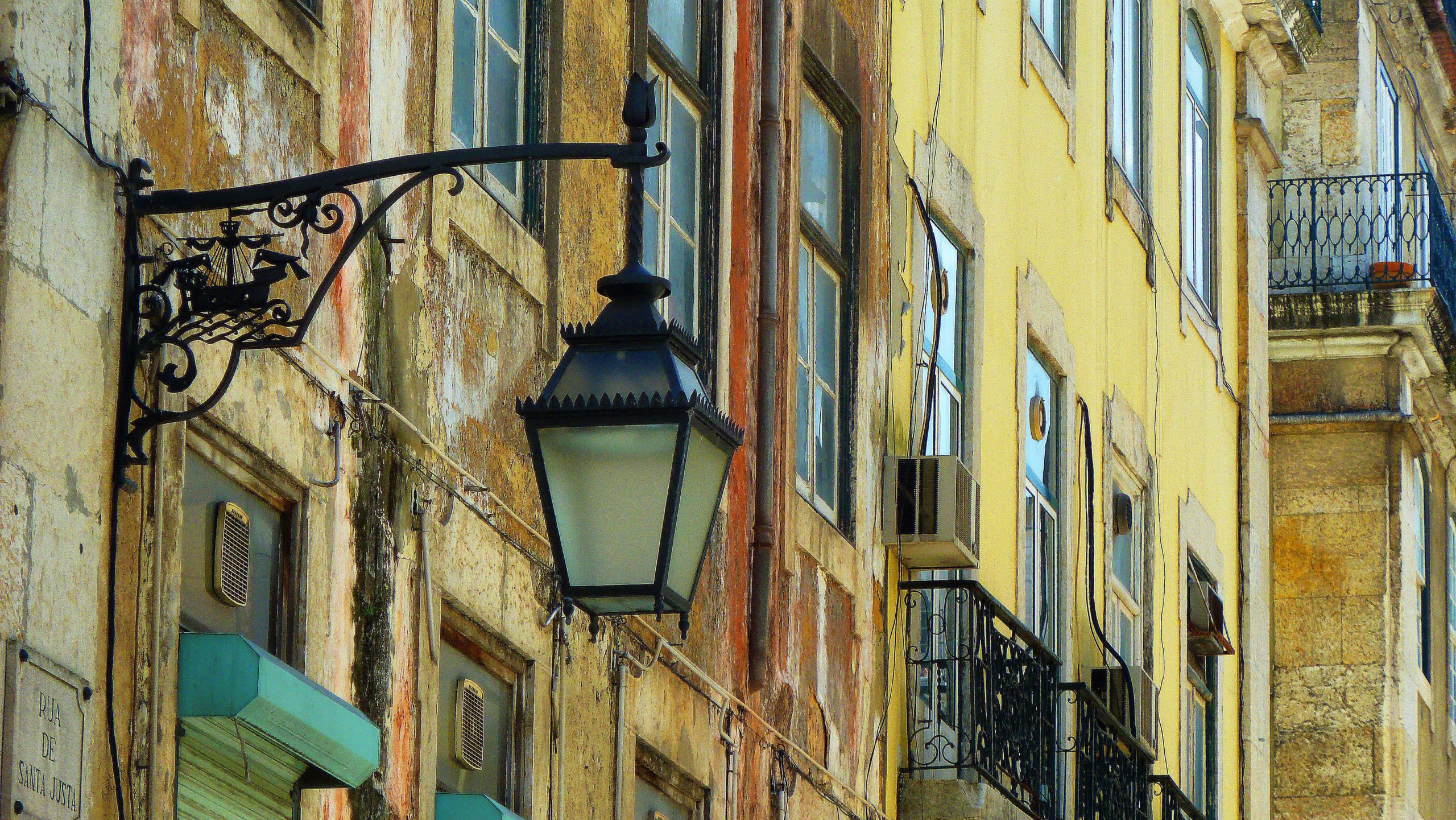
What is Fado?
Similar to The Blues, Fado music portrays a pining and sadness of yesteryear. It literally means “fate” and is a singer (male or female) accompanied by a guitar and/or viola (a small acoustic guitar). The guitarra looks very much like a mandolin in its teardrop shape and has a simple tone that will play the melody and possibly sometimes a solo instrumental. The music’s base is known as saudade which is a yearning for the past and what has been lost, and what perhaps had been unrequited or never attained. It is a very poignant sound. In 2011, UNESCO listed it on their ‘Cultural Heritage List’.
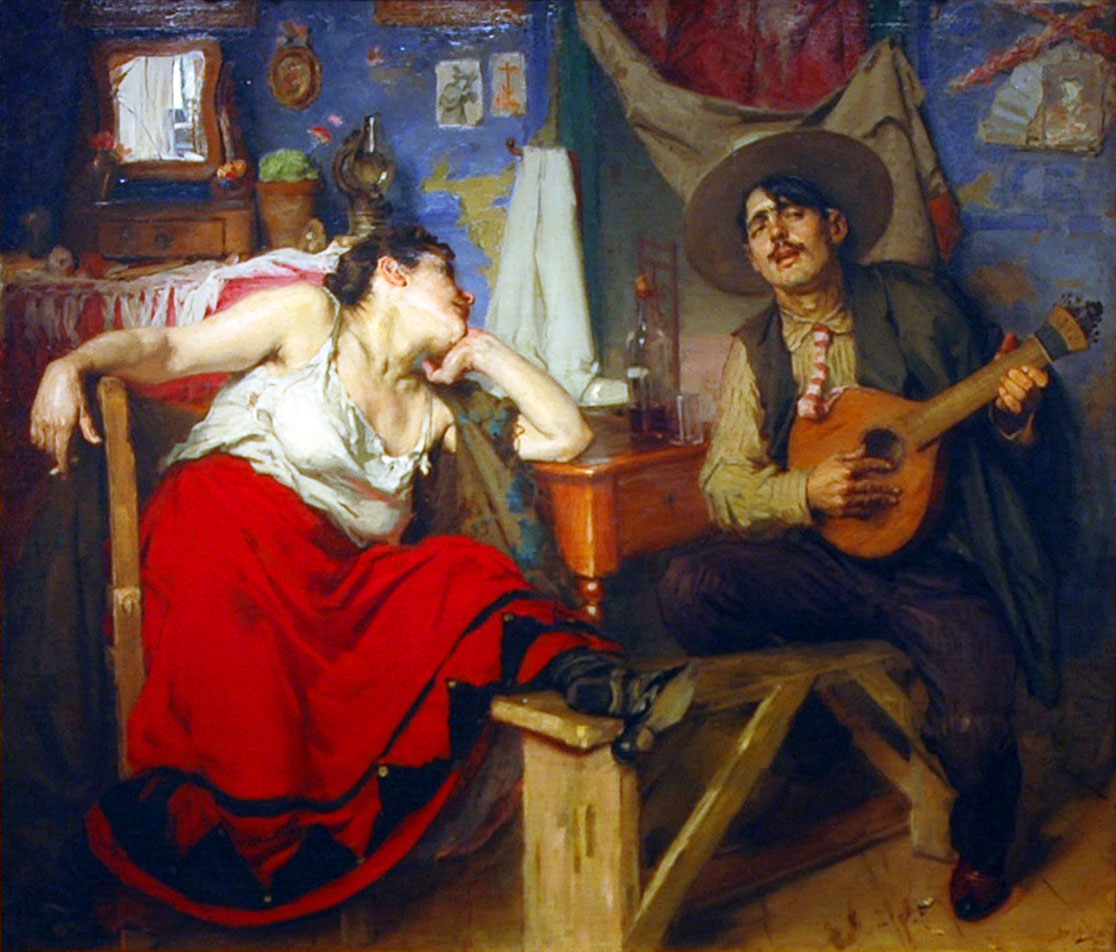
Where Did Fado Come From?
Portuguese Soul music has been played and known for over 150 years and is thought to have origins from African slave songs or medieval troubadour tunes. Always centred in Lisbon’s poorer districts of the Alfama and Bairro Alto, it is where the 19th century workers lived and would sing and dance Fado. These days, the dancing has faded out, with the song becoming the main element of Fado. This is where it is still found and some of the best places for Fado music in Lisbon Portugal are still in this area.
There is also a style of Fado in the medieval university city of Coimbra, north east of Lisbon, but is more associated with being developed by the students there. However it can also make for an interesting evening of music.
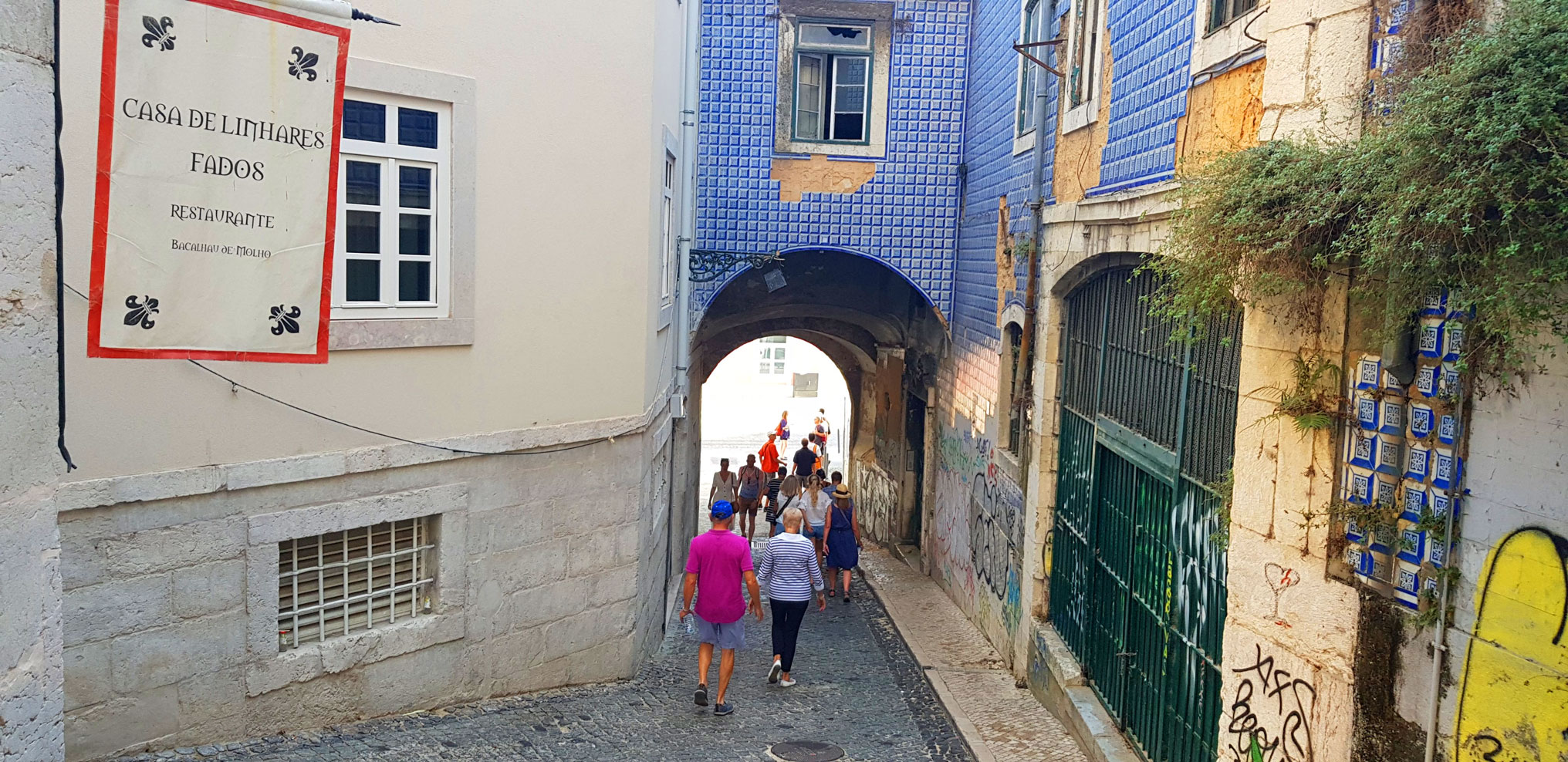
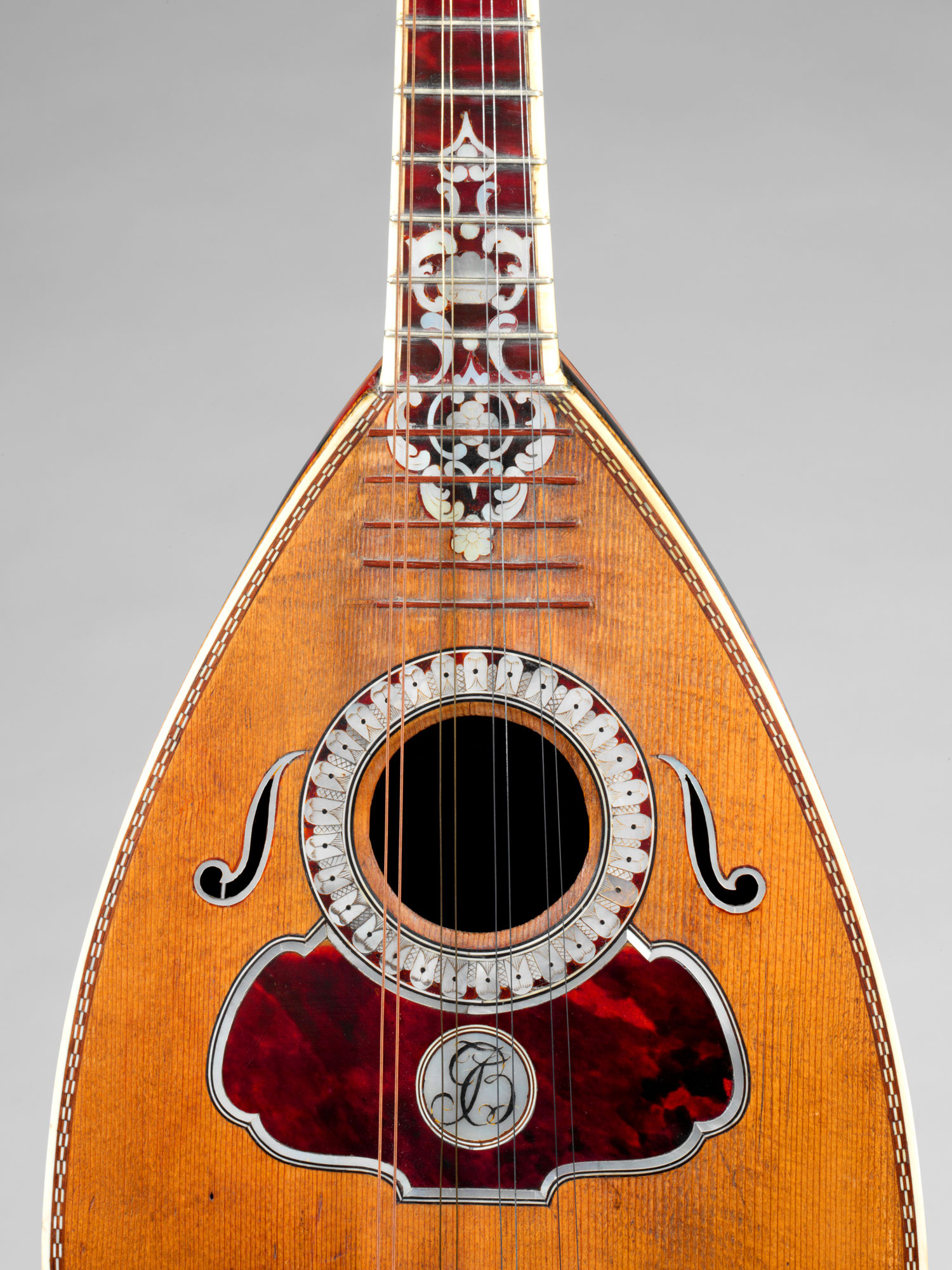
The World’s most Famous Fadistas
Fado Singers and aficionados will always refer to the first Portuguese Fadista of fame as being Maria Severa.
Severa, who died very young in 1836 at 26 years old of tuberculosis, would sing Fado in Lisbon at her mother’s tavern. She has inspired everything from songs to being the subject in Portugal’s first “talkie” movie, and even a musical in Ontario, Canada at the Shaw Festival. Every female Fadista wears a black shawl in memory of her
Amália Rodrigues (1921 – 1999) is perhaps the world’s most famous Fadista.
She is an icon in Portugal for her beautiful voice and involvement in bringing Fado into the International spotlight. From a poor family, where 6 of her 8 siblings died, she started performing as a teen and her exceptional voice was soon discovered She was also very active in the film and live performance world for over 50 years. She is, the Queen of Fado, Rainha do Fado and her death was accorded 3 days of national morning, given a state funeral and interred in the Pantheon with Portugal’s nobles and best regarded citizens.
Her home, where she lived for many decades in Bairro Alto, is now a museum.
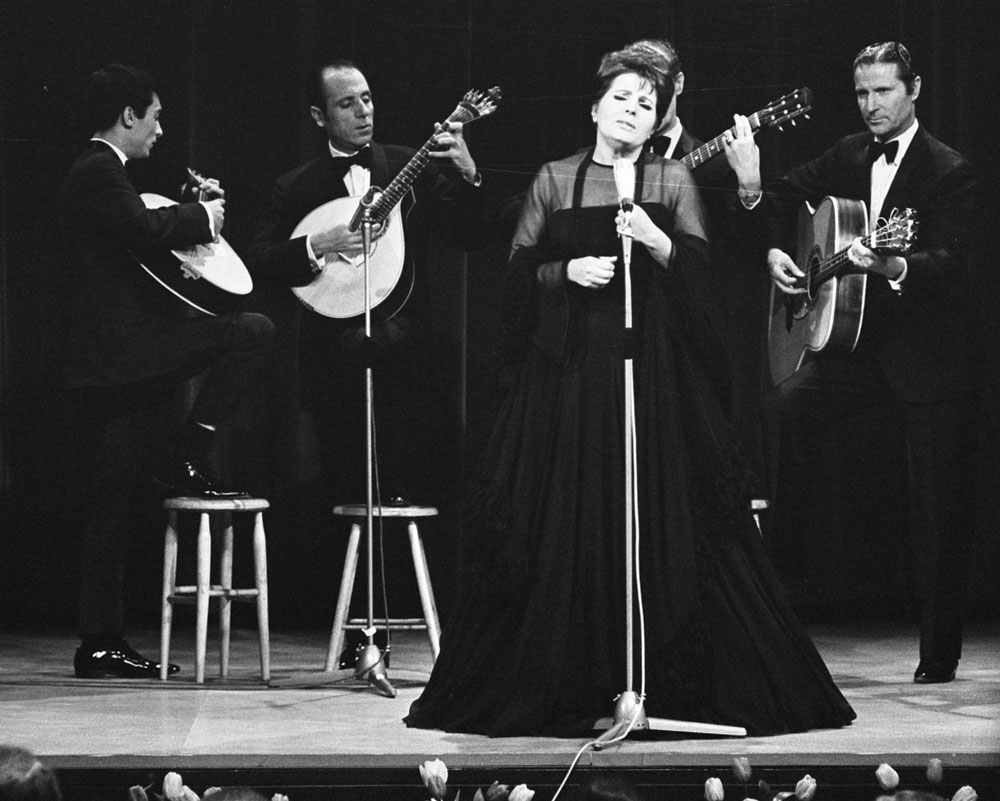
Fado doesn’t sing, it happens. Fado feels, doesn’t understand, nor explains itself. Amália Rodrigues
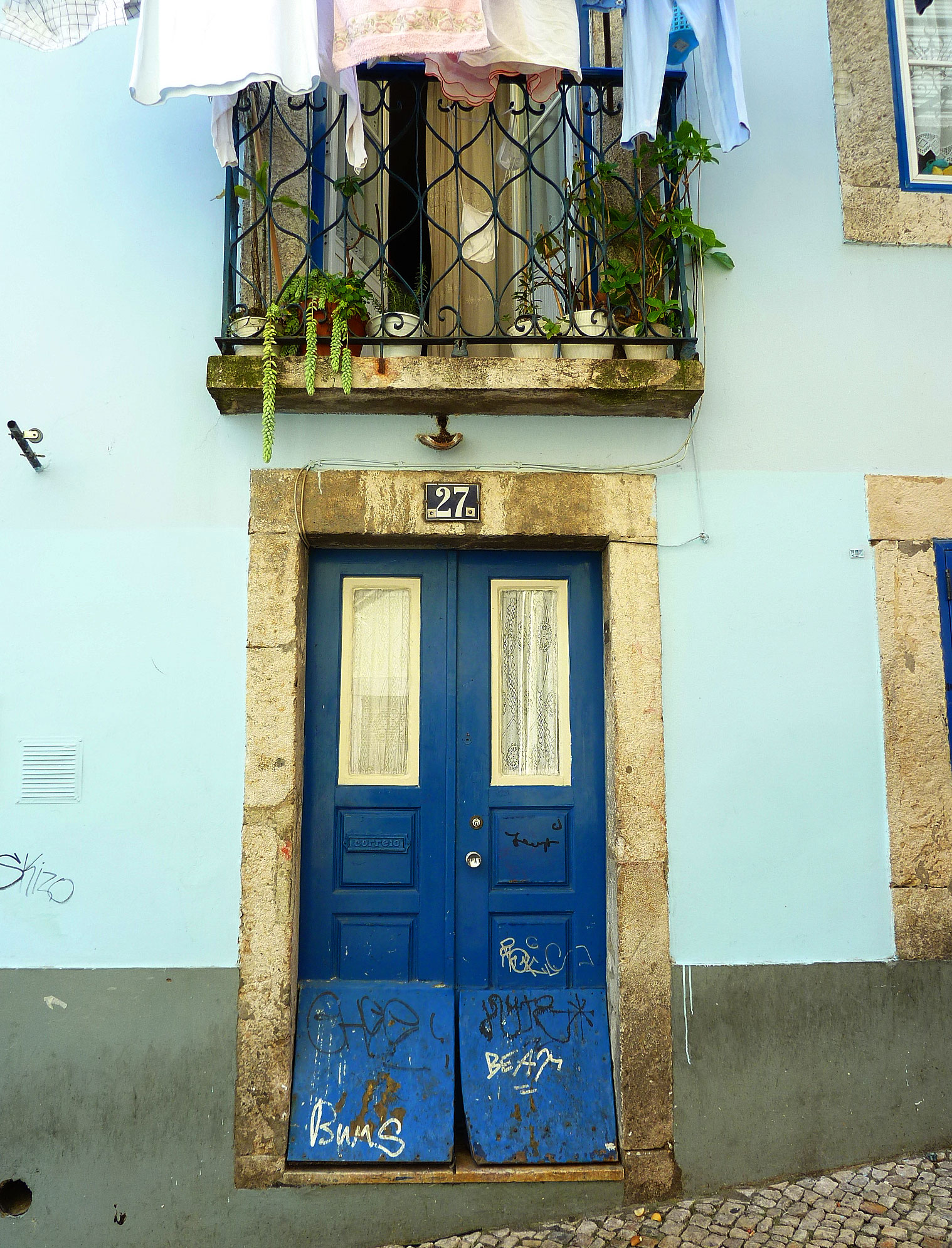
Fado from Around the World
Some music from former colonies, like Cape Verde, has also been a popular influence and Cesária Évora, “The Barefoot Diva” (who died in 2011 and gave her last concert in Lisbon) was one of the most popular mournful singers. Internationally acclaimed she was known to stop her concerts midstream and have a cigarette and whiskey.
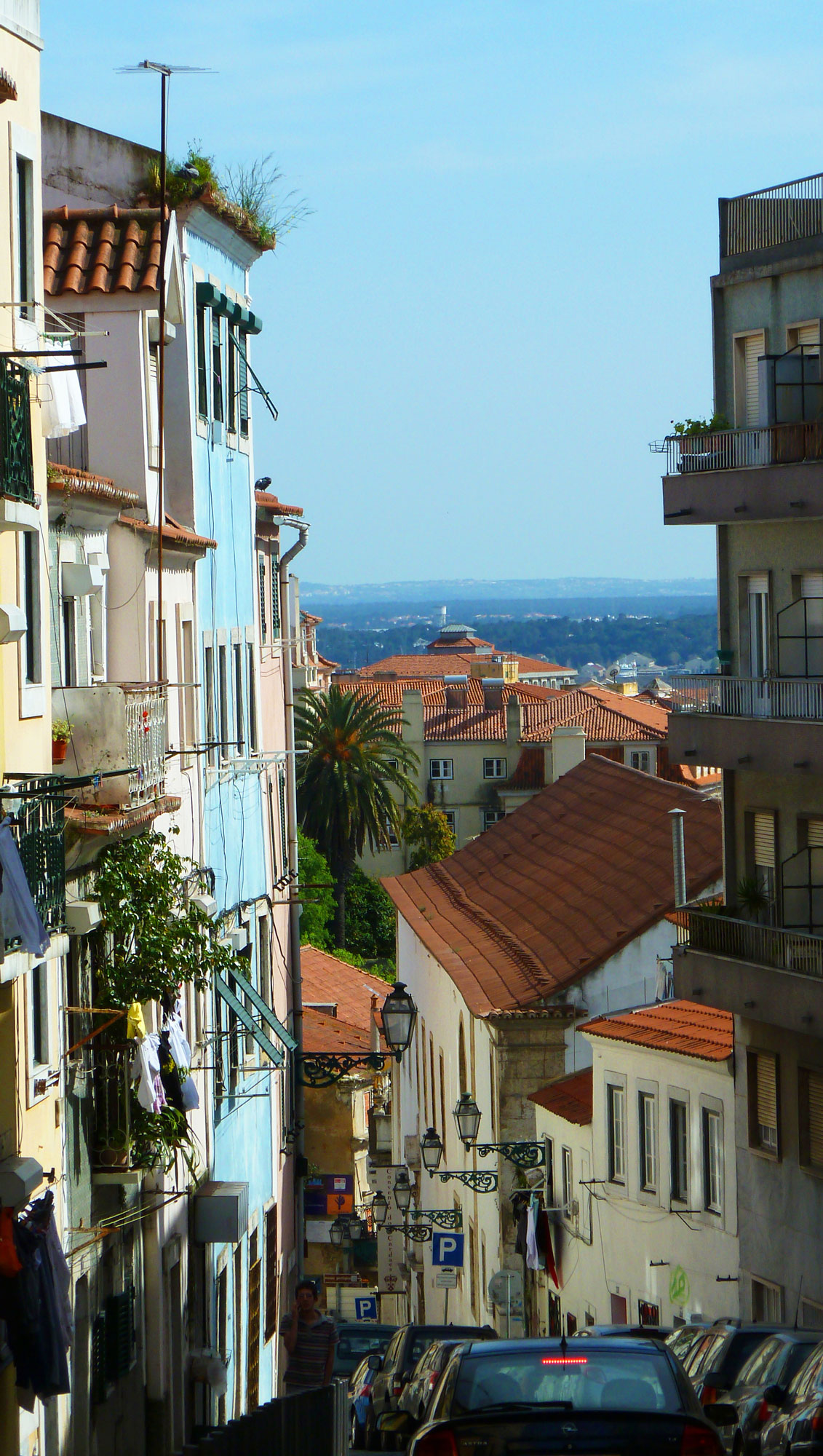
5 Best Places for Fado music in Lisbon, Portugal
When Fado used to be impromptu performances by professionals or even talented amateurs (Fado Vadio) down near the cheap small cafes by the river or poorer Alfama district, tourists now throng to some of the more publicised venues, some of which still maintain an intimate atmosphere and talented artists.
Here are some of these. Remember, you often have to book in advance as many are small places. Sometimes, it can be a late night start when the Fadistas begin playing so take that afternoon nap beforehand!
The easiest one to find is right next to the Cathedral (Sé), and is the Clube de Fado (Rua de Sao Joa da Praca 92) with its pleasant stone arches. Once a heyday of Fadistas, it still offers very good performances, and if you wish, you can eat there as well. Pricier than some places, it still is a pleasant evening.
Traditional Fado Music in Lisbon’s Alfama
Order a glass of wine, some pesticos (small appetizers), sit back and enjoy! Here are some of the best smaller spots for Fado music in Lisbon, Portugal.
At Mascote da Atalaia, the cozy atmosphere is preserved and space is quite limited. Tables are shared so you will feel a part of the performance when it happens.
Another small venue is Mesa De Frades, which has some interesting tile work (it has been built into a former chapel) and offers a menu whilst you enjoy the fado. Both up and coming artists and established fadistas perform here, sitting among diners for a front row view. It is found in Alhama at Rua dos Remedios 139A.
One that is recommended is Sr. Fado de Alfama, found at Rua dos Remedios 176 Alfama. It’s family run and operated with Ana Marina and Duarte Santos performing and bringing the food out from the kitchen sometimes. It offers a nice experience of this traditional song.
A more refined place is the Casa de Linhares, which is set in a Renaissance building at Beco Armazens do Linho 2 and has beautiful stone walls with tapestries and art. A lovely ambience with candlelight, reservations can be made online.
If keen to learn even more, visit the Museo de Fado, Largo do Chafariz de Dentro 1, dedicated to this unique form of communication and song.
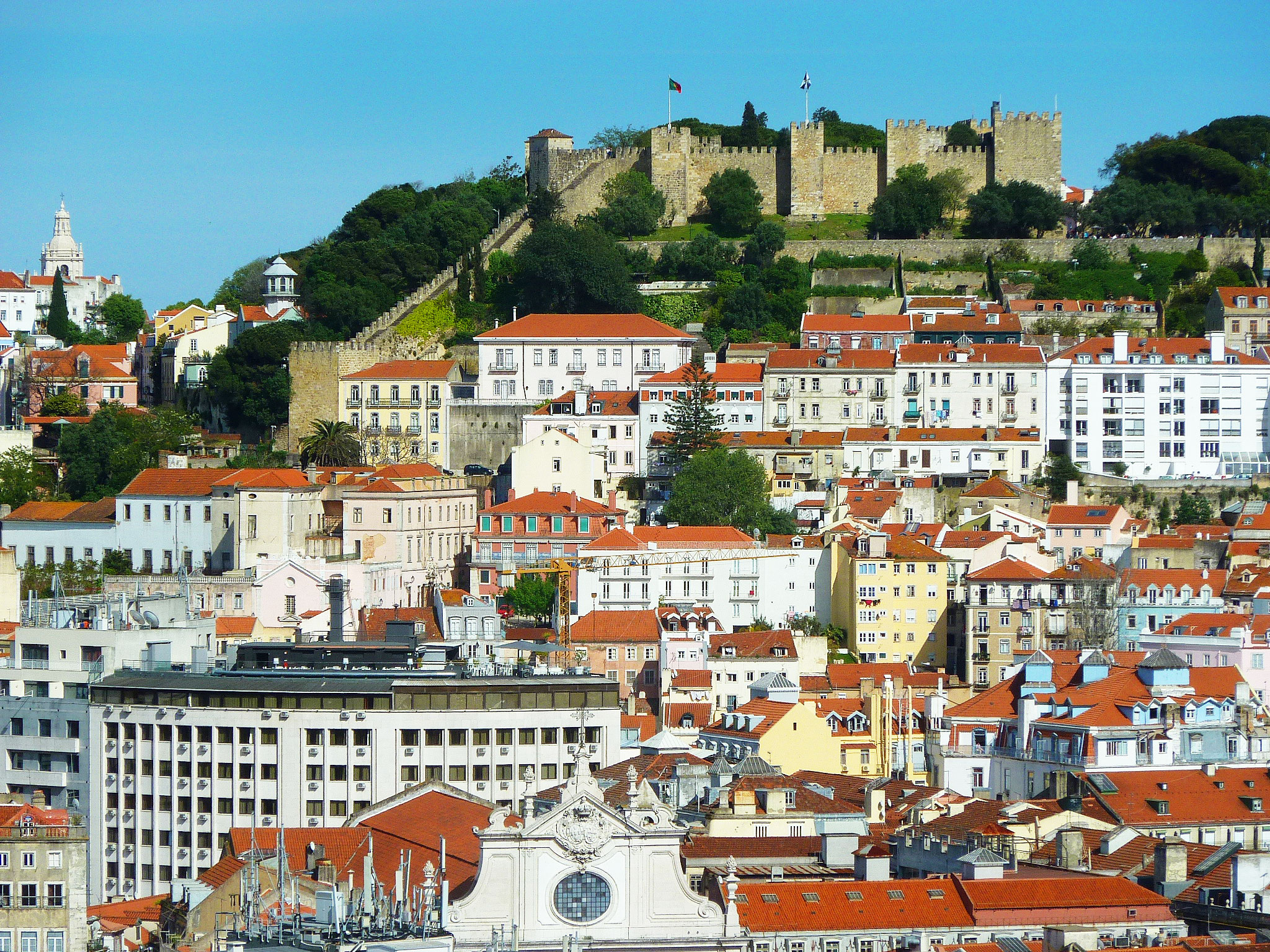
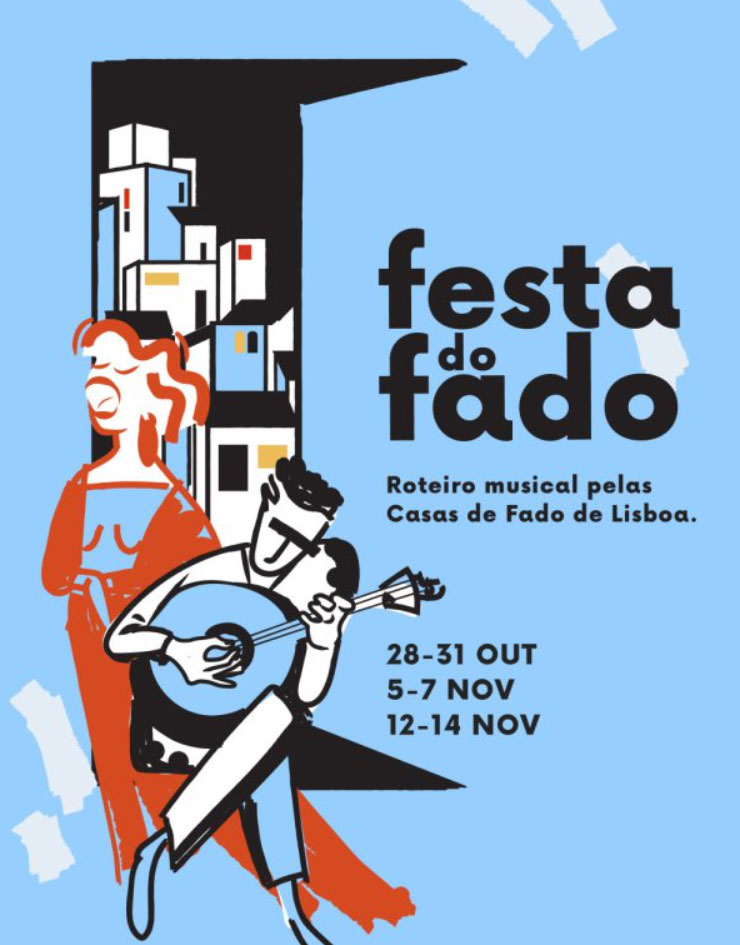
Visiting Lisbon, Autumn 202?
If you are able to travel to Lisbon this autumn 2021, then celebrate your visit during the Festa do Fado with many Casas de Fado being open and hosting special concerts.

